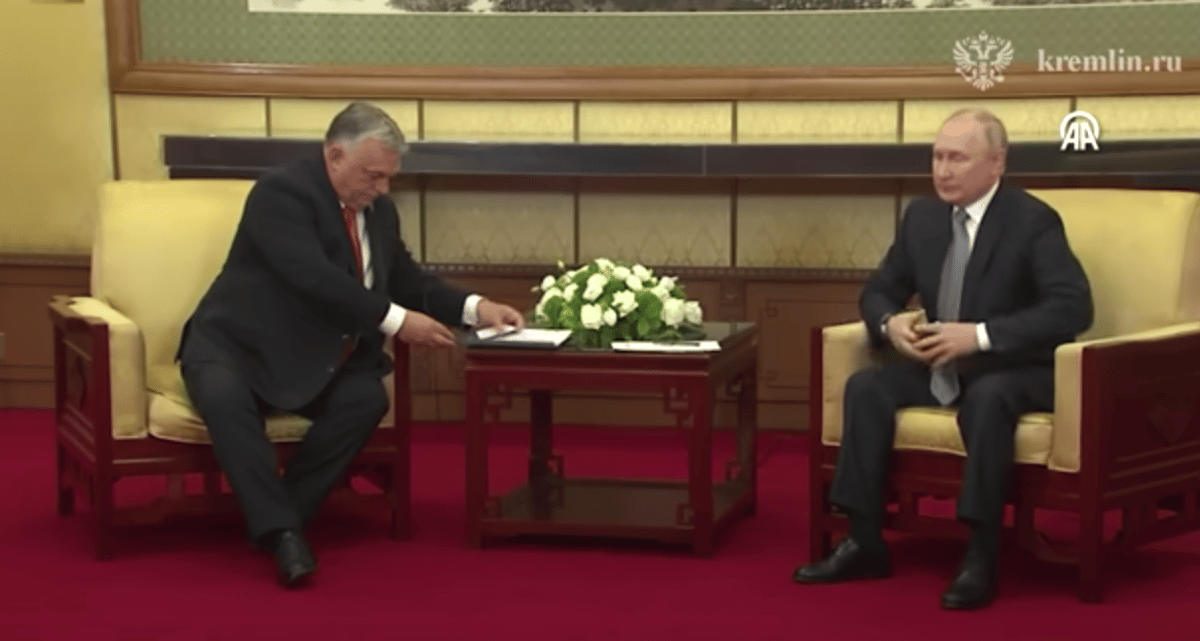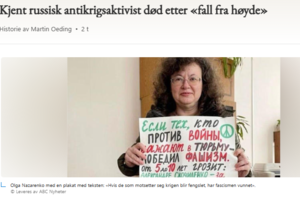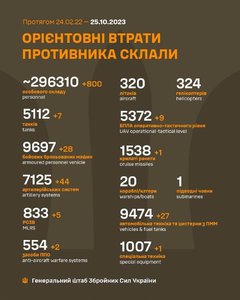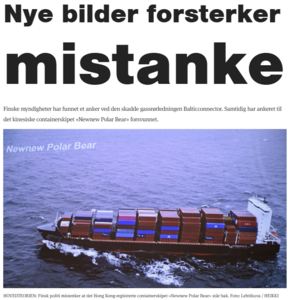The EU has been built bottom-up by its member states through voluntary cooperation. The participating states are only prepared to transfer sovereignty in ever wider fields to their common organisation on the condition that they can rely on each other's solemn promises.
This principle has been solidly formulated by the EU Court of Justice in the
conditionality verdicts of 16 February 2022. The core of these promises consists of the values, which the member states have in common and which they apply to their Union, notably the rule of law and democratic governance.
As a result of this process, the EU has been
constructed as a democratic Union of democratic States. The values of article 2 TEU apply both to the Union and to the member states.
This set-up forms the constitutional basis for the political judgment as to whether or not Hungary is
fit for the presidency of the European Council. In this connection it must be taken into account that the European Council has started an
article 7 procedure against Hungary and has imposed measures for the protection of the budget for breaches of the rule of law by that country.
Seen in this perspective, the question at hand is whether an illiberal leader can be entrusted with the task to give guidance to a democratic union of democratic states.
The aggravating circumstance in this particular case is that the Hungarian PM has added treason to disloyalty by endangering the integrity of the EU in times of war.

 euobserver.com
euobserver.com















/img-s3.ilcdn.fi/f7fd6b1499729bcd606e2c984485e64c7b21dafc54404db835f41169ca7c53ec.jpg)